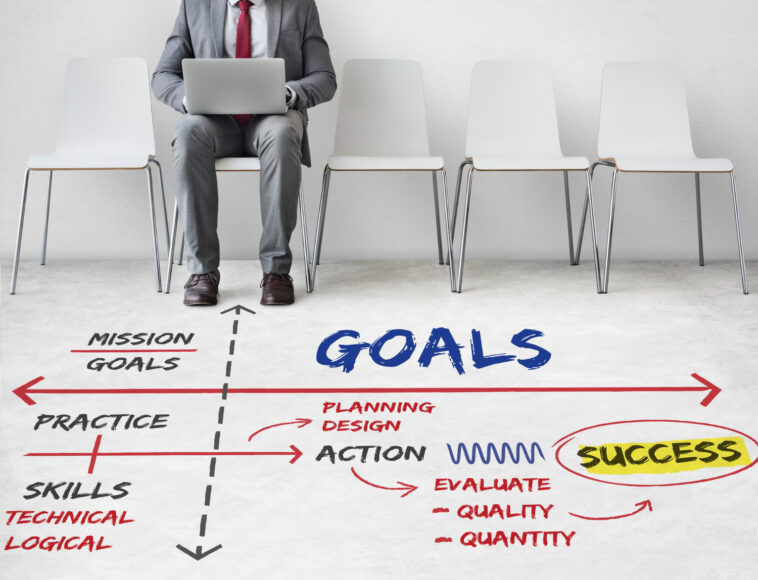Financial education is the cornerstone of financial success. It empowers individuals to make informed decisions, manage their money wisely, and secure their financial future. In this article, we’ll explore the importance of financial education, its benefits, and practical steps you can take to enhance your financial literacy.
The Significance of Financial Education
Financial education is not just a nice-to-have; it’s a necessity in today’s complex financial landscape. Here’s why it matters:
1. Informed Decision-Making:
Financial education equips you with the knowledge to make informed decisions about budgeting, saving, investing, and debt management. It helps you navigate financial choices confidently.
2. Goal Achievement:
Understanding financial concepts and strategies is essential for setting and achieving your financial goals, whether it’s buying a home, funding your child’s education, or retiring comfortably.
3. Financial Security:
Financial education helps you build a solid foundation for financial security. It allows you to create emergency funds, reduce debt, and make strategic investments.
4. Avoiding Pitfalls:
Without financial education, you may fall into common financial traps, such as overspending, falling into debt, or making hasty investment decisions.
The Benefits of Financial Education
Financial education offers a multitude of advantages that extend beyond personal finance:
1. Empowerment:
Financial education empowers individuals to take control of their financial lives. It shifts the balance of power from financial institutions to the individual.
2. Improved Financial Health:
Individuals with financial education tend to have better financial health, including higher savings rates, lower debt levels, and more diversified investments.
3. Economic Growth:
A financially educated population contributes to economic growth by making informed financial decisions, investing in the economy, and reducing the burden on social welfare systems.
4. Reduced Income Inequality:
Financial education can help reduce income inequality by providing individuals with the knowledge and tools to improve their financial situation and opportunities.
Practical Steps to Enhance Your Financial Education
Enhancing your financial education is a proactive and ongoing process. Here are steps you can take to boost your financial literacy:
1. Read Widely:
Read books, articles, and reputable financial websites to expand your knowledge of personal finance, investments, and financial planning.
2. Attend Workshops and Seminars:
Look for financial education workshops and seminars in your community or online. Many organizations offer free or low-cost financial literacy events.
3. Take Online Courses:
There are numerous online courses and certifications in personal finance and investing available. Platforms like Coursera, edX, and Udemy offer courses on various financial topics.
4. Consult Financial Professionals:
If you have specific financial goals or complex financial situations, consider consulting financial advisors or planners. They can provide expert guidance tailored to your needs.
5. Create a Financial Plan:
Develop a comprehensive financial plan that outlines your financial goals, budget, savings, and investment strategies. Review and adjust it regularly.
6. Practice Budgeting:
Budgeting is a fundamental skill in financial management. Create a budget to track your income and expenses, ensuring that you live within your means.
7. Learn About Investing:
Understand the basics of investing, including asset allocation, risk tolerance, and different investment options. Start with low-risk investments and gradually expand your portfolio as you gain confidence.
Conclusion
Financial education is not a luxury; it’s a fundamental tool for personal and economic well-being. By investing in your financial education and continuously expanding your financial literacy, you gain the knowledge and confidence to make informed financial decisions, secure your financial future, and contribute to a financially empowered society.



